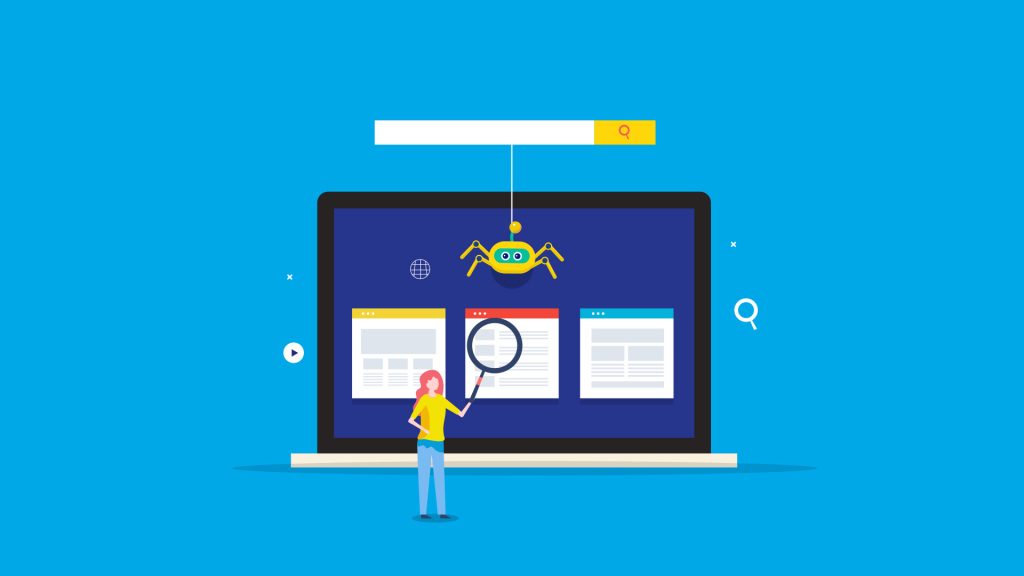It’s a common misconception to assume that the Forex market is complicated. In reality, Forex trading is relatively straightforward, and traders mainly rely on instinct combined with sound financial management. However, before beginners dive into Forex trades, there are a few key considerations to take into account.
If you don’t have the time to learn the basics of trading, trading platforms like OANDA can do most of the hard work for you. It\\\’s still worth your while to prepare beforehand, though, especially if terms such as ‘stop loss’ and ‘position size’ are unfamiliar to you. To avoid feeling like a fish out of water, take a look at five ways prospective Forex traders can prepare themselves ahead of time.
Master the basics
The Forex market is a global trading platform where banks, financial institutions, and private investors trade currencies for profit. To earn an income from Forex, traders speculate on the rise and fall of international currencies in an attempt to successfully capitalise on these value fluctuations.
The only way to judge the value of an international currency is by comparing it to another. For this reason, each and every foreign exchange (Forex) trade consists of two currencies, which are commonly referred to as a currency pair. For the most part, these pairs can be divided into four categories: major pairs, minor pairs, emerging pairs, and exotic pairs.
As you can see from the brief outline mentioned above, knowing the basic concepts that define all Forex trades is an important step on the road to becoming a proficient trader. The more fundamental knowledge you can acquire before you get started, the less likely it is that you’ll cause yourself unnecessary stress down the line.
Plan ahead
If you aim to take Forex trading seriously, start planning your daily schedule well ahead of time. Figure out a routine that will allow you to dedicate enough time to focus on trades without sacrificing the quality or frequency of any other activities you pursue.
The Forex market is open 24 hours a day, Monday to Friday. Novice forex trading is hardly a full-time job, but you will need to dedicate a significant amount of your time to market analysis and noteworthy global events. Financial management takes discipline, and your ability to stick to a schedule will be imperative for trading.
As with most things in life, a balanced schedule tends to be most effective. Trading shouldn’t get in the way of other responsibilities, such as work and family, for example. That being said, try to monitor markets daily and dedicate some time on the weekend to market analysis.
Prepare for any outcome
The one thing most experienced Forex traders can agree on is that winning and losing are two sides of the same coin. In other words, successful traders treat wins and losses equally. There\\\’s no way to mitigate the risk of loss, so treating your invested capital as an expendable asset is best.
When it comes to trading of any kind, making a profit from speculation means that failure is a natural part of the process. Therefore, there’s always a risk involved in any Forex trade. In the case of a losing trade, the key is to learn from your mistakes and follow your financial planning as closely as possible.
Whether you gain a profit or suffer a loss, don\\\’t let your emotions get in the way of your ability to make logical decisions. Speculating is only ever profitable when you have a firm grasp of your finances, proficiency in rational analysis, and a stable foundation of fundamental knowledge.
Learn the lingo
Before you can become a skilled trader, you need to build a vocabulary of trade-related terms. The sooner you understand key acronyms and definitions, the easier your first attempts at Forex trading will be.
Beginners who have some form of education in finance will have a head start in this regard, but there’s no reason why an amateur at finance can’t become an expert trader in due time. The only things a novice needs are a healthy motivation to learn and a will to succeed.
From risk-reward ratios to stop-loss orders, using the correct terminology means that you will be able to communicate with brokers and fellow traders more effectively. Eventually, your knowledge-building endeavours will make both analysis and communication near-effortless.
Keep a journal
Track all of the trades you make, regardless of whether they’re wins or losses. Documenting your progress is a crucial component of Forex trading. Not only will this allow you to manage your investments efficiently, but it will also protect you from a legal perspective.
With a complete overview of your trades, you will be able to extract critical data that can inform future decisions. A detailed transaction history will reveal your purchase patterns, bad habits, and winning strategies. Being able to read and react to this data is integral to success as a Forex trader.
The most successful traders in the history of Forex have all relied on a combination of instinct, experience, and precise money management. They are meticulous in their attention to detail and uncompromising in their self-criticism. In order to emulate such a high level of discipline, be prepared for the self-development of constructive habits.





















